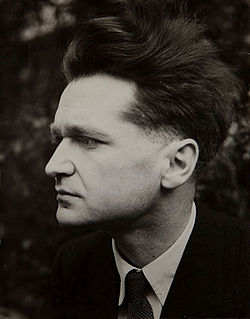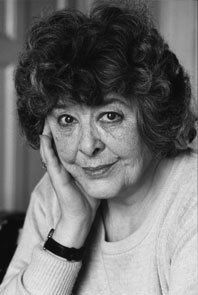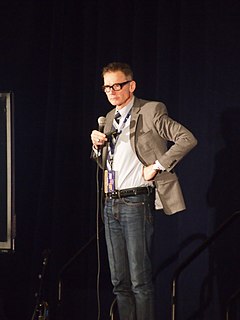A Quote by Emil Cioran
Write books only if you are going to say in them the things you would never dare confide to anyone.
Related Quotes
There's this quote by a writer, Emil Cioran, he's a Romanian writer. He says that you should only put things in books that you would never dare to say to people in real life. So there is that feeling of acute embarrassment, or that you've been too revealing. I think it's some kind of survival mechanism where I never think of the reader, ever. Because then I would start censoring myself.
I never learned to be a writer. I never took screenwriting courses. I never read anyone's scripts. As a writer, my only guiding principle has been to write about things that scare me, write about things that make me feel vulnerable, write about things that will expose my deepest fears, so that's how I write.
Parker wasn't supposed to be a series. He was supposed to be one book, and if he was only going to be in one book, I didn't worry about it. And then an editor at Pocket Books said "Write more books about him." So I didn't go back at that point and give him a first name. If I'd known he would've been a series, I would've done two things differently. First, I would've given him a first name because that means for 27 books, I've had to find some other way to say, "Parker parked the car."
Imagination doesn’t just mean making things up. It means thinking things through, solving them, or hoping to do so, and being just distant enough to be able to laugh at things that are normally painful. Head teachers would call this escapism, but they would be entirely wrong. I would call fantasy the most serious, and the most useful, branch of writing there is. And this is why I don’t, and never would, write Real Books.
The world was a terrible place, cruel, pitiless, dark as a bad dream. Not a good place to live. Only in books could you find pity, comfort, happiness - and love. Books loved anyone who opened them, they gave you security and friendship and didn't ask anything in return; they never went away, never, not even when you treated them badly.









































